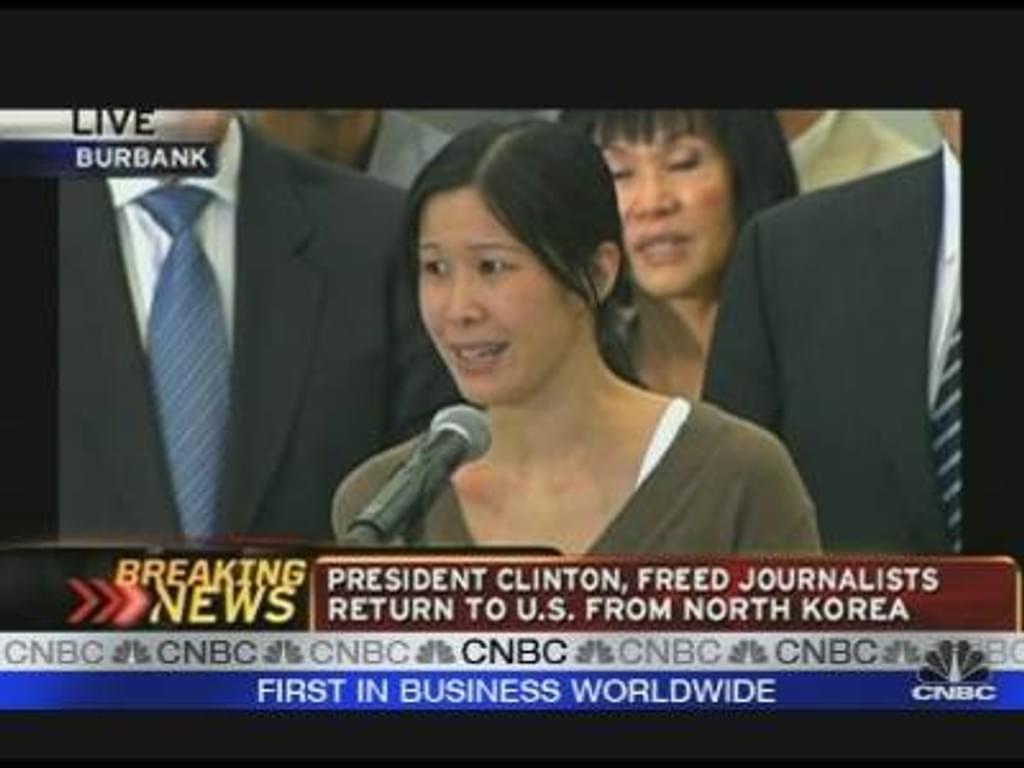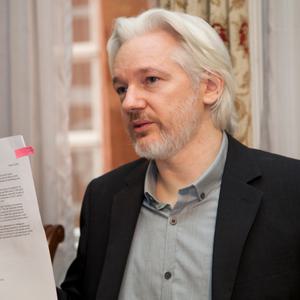
Journalist Euna Lee (pictured), who was imprisoned in North Korea along with her colleague, Laura Ling, recently wrote an op-ed in the Washington Post on the importance of consular access for individuals arrested outside their home countries. Lee was reporting for Current TV when she and Ling were arrested, interrogated, put on trial, and sentenced to 12 years hard labor. Only when the Swedish ambassador, who represented U.S. interests in North Korea, reminded Korean officials of their responsibilty to uphold the Vienna Convention on Consular Relations was Lee able to communicate with the U.S. government. As an execution of a foreign national approaches in Texas, Congress is currently considering legislation that would ensure judicial review of death penalty cases in which foreign nationals in the U.S. were denied access to their consulates. According to Lee, “This legislation is not only a matter of honoring our obligations to such inmates. There are still many American journalists, aid workers, missionaries, members of the military and tourists detained in foreign countries. For all of them, and for their fearful families at home, there is nothing more important than upholding the reciprocal right to consular protection.”
The issue of consular access is receiving attention in light of the case of Humberto Leal, a Mexican national who is scheduled for execution in Texas on July 7. Leal was not informed of his right to consular access prior to his trial, and his lawyers argue that, with the assistance of the Mexican consulate, he would not have been convicted or sentenced to death. Instead, Leal was represented by inexperienced and ineffective court-appointed lawyers, one of whom was suspended from the practice of law twice for failing to adequately represent clients.
(E. Lee, “Consular access: A two-way street on a crucial right,” Washington Post (op-ed), June 24, 2011). See also Foreign Nationals and New Voices. See Leal’s Petition for Writ of Certiorari to the U.S. Supreme Court.




